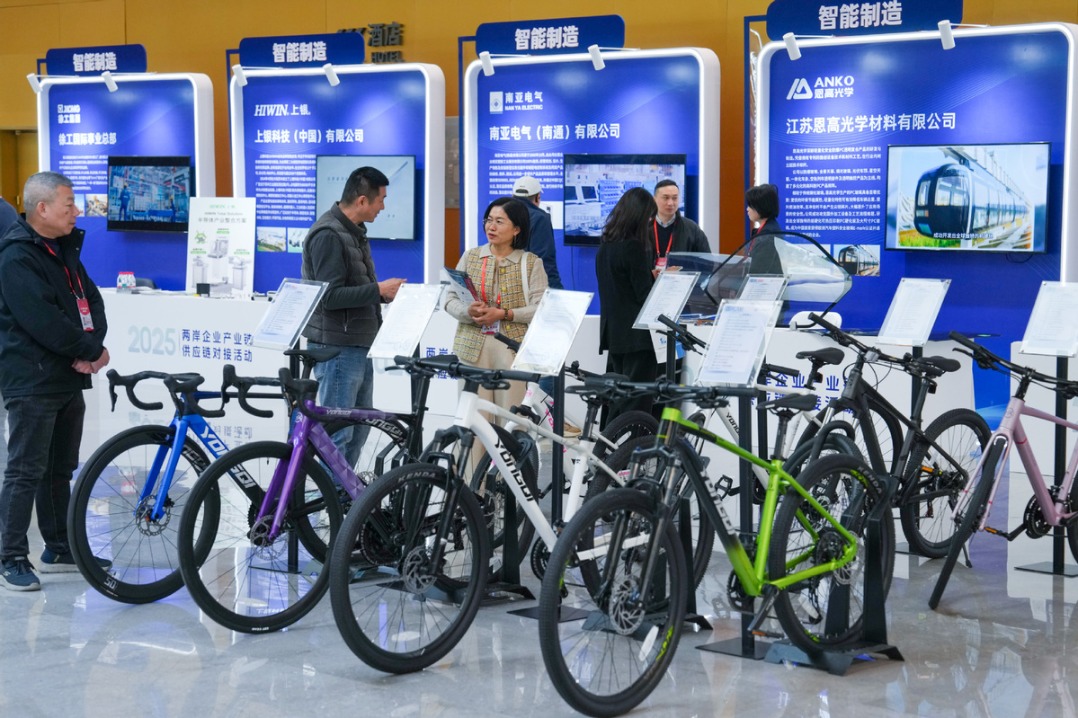China can help Horn of Africa boost food security
By Dennis Munene | China Daily Global | Updated: 2022-10-14 09:22
In many regions across the world, reports of drought, heat waves, wildfires, rising temperatures and sea levels and heavy rains that lead to severe flooding have posed a serious challenge to the survival of humanity and the global ecosystem. The effects of climate change have also caused a major threat to the global economy, food and water security, health and development.
World leaders are reviewing their foreign policies to accommodate and acknowledge the rising impacts of climate change on food security. At the recent 22nd Meeting of the Council of Heads of State of the Shanghai Cooperation Organization, President Xi Jinping committed to having China provide developing countries in need of emergency humanitarian assistance with grain and other supplies worth 1.5 billion yuan ($209 million).
Xi's pledge comes at a time when the World Health Organization has warned that the Horn of Africa region is experiencing one of the worst hunger crises of the last 70 years. In addition, according to United Nations agencies, more than 37 million people are facing acute hunger, with approximately 7 million children under the age of 5 in the region acutely malnourished.
Having already established the outlook for peace and development in the Horn of Africa, China is poised to offer its assistance in terms of food security to needy developing countries there.
The Global Network Against Food Crises has reported that an estimated 161 million people in 42 countries faced a "crisis" level of food insecurity in the first eight months of 2021, while 227 million people were estimated to be facing a "stressed" level of acute food insecurity.
Furthermore, key indicators of the UN's World Food Programme show that the world is not on track to achieve zero hunger by 2030. Humanitarian agencies are reporting that if stringent measures are not undertaken immediately, the number of people to be affected by hunger will surpass 840 million by 2030. This will make it hard for some countries, especially in Africa and especially in the Horn of Africa region, to achieve the UN's 2030 Sustainable Development Goals.
For China, the outlook on peace and development in the Horn of Africa, backed by the Global Development Initiative and Global Security Initiative, is key with a long-term vision to transform a region where regional conflicts, civil wars, terrorism, disease and the effects of climate change have wreaked havoc on food security, peace and development.
China and the Horn of Africa region can cooperate on climate resilient agriculture. This will help reduce vulnerability and promote the adaptation in the agriculture sector that is needed to address the multiple stressors that come with climate change. These programs can be styled after two projects jointly launched by China and the International Fund for Agricultural Development — the Hunan Rural Revitalization Demonstration Project, which focused on improving climate information and guidance for adapting, and the Yunnan Rural Revitalization Demonstration Project, which focused on climate-resilient practices.
The cooperation between China and the Horn of Africa can also focus on programs for an early warning mechanism, as climate change has made it hard for farmers to predict precipitation in order to prepare their land for farming.
Modernizing the agriculture sector in the Horn of Africa is important. Farmers in countries such as Ethiopia, Djibouti, Kenya, Eritrea, Sudan, Somalia, South Sudan and Uganda are still practicing small-scale farming using old technology.
China has eradicated absolute poverty, in part, by using smart technology in farming. Programs on modern technology and capacity building are vital for African farmers. Fertilizers that are used should be compatible with the soils of different countries. This will require constructions of research centers.
In Kenya, the Chinese government in partnership with the Kenyan government built the Sino-Africa Joint Research Centre, which focuses on wildlife protection, prevention of desertification, climate change monitoring and modern agriculture.
Furthermore, China can continue to initiate dialogues on peace and development with various stakeholders in the region, which will help galvanize regional consensus on political, security and development agendas to realize lasting peace, stability and prosperity in the Horn of Africa region.
The author is executive director of the China-Africa Center at the Africa Policy Institute in Kenya. The views do not necessarily reflect those of China Daily.
























